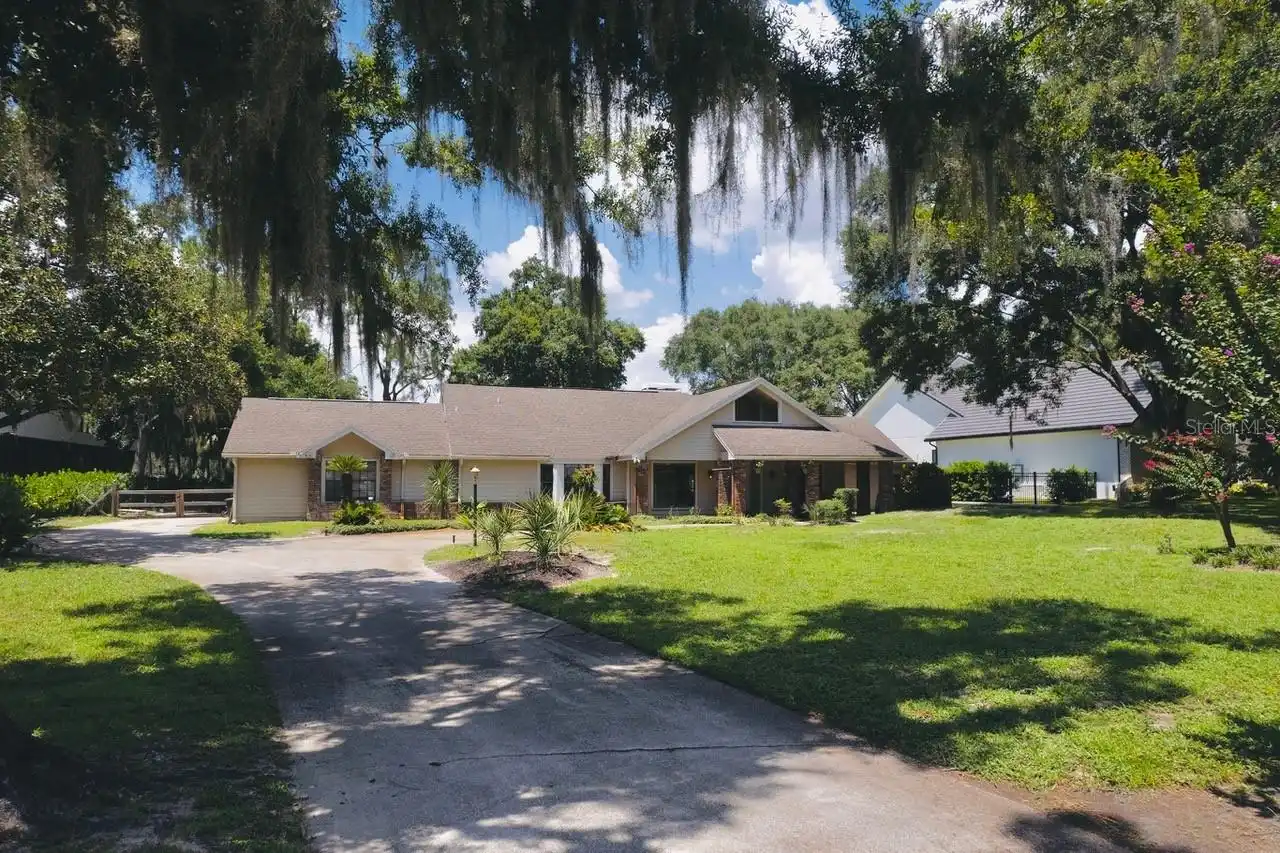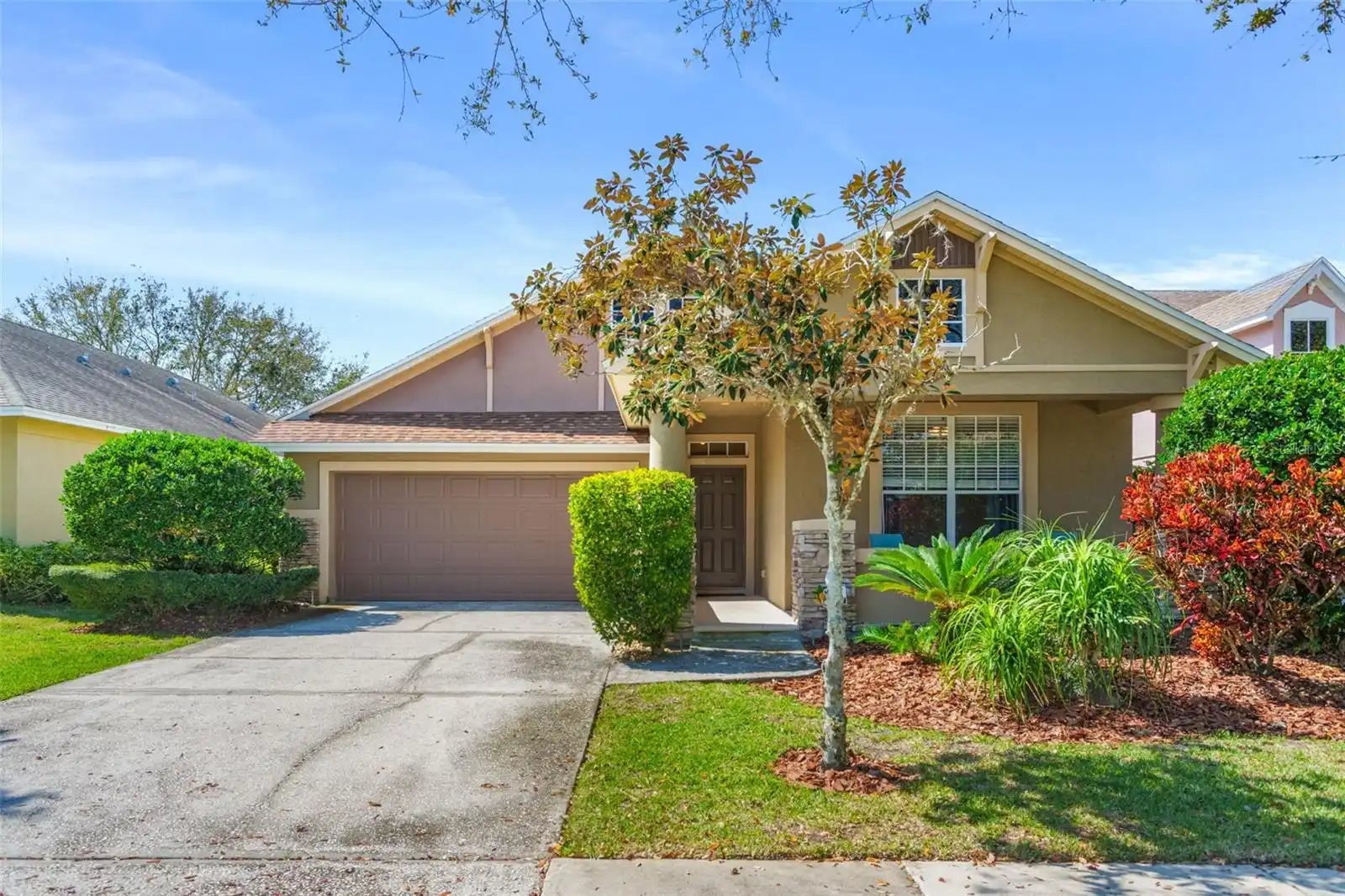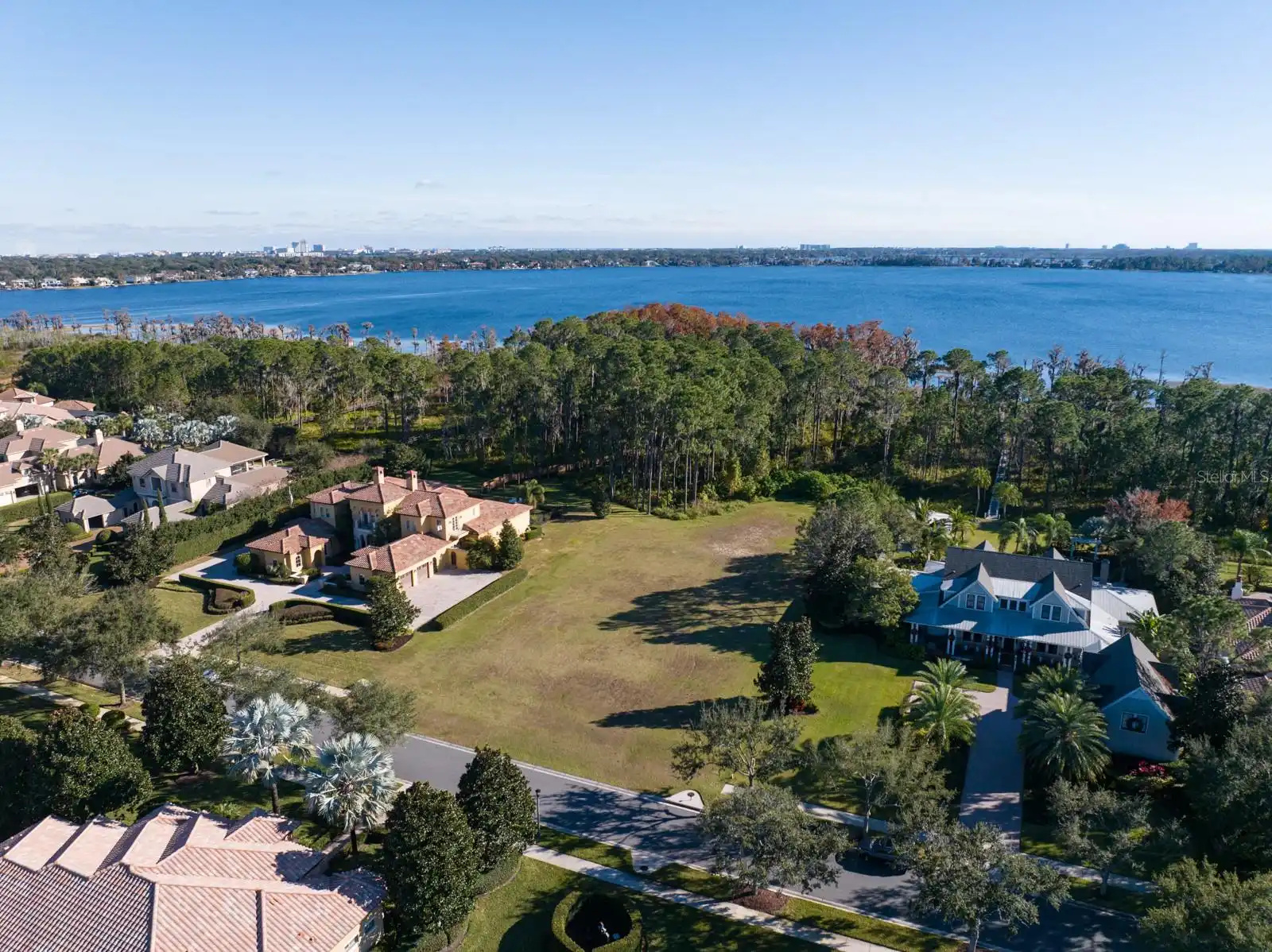As USA visa holders and UK passport Holders we have been through the process of moving to the USA and starting a Business , Buying property and getting the Kids into school and all that goes with this stressful process. Here is a direct resoucre link to USA Visa site
Overview
The Treaty Trader (E-1) or Treaty Investor (E-2) visa is for a national of a country with which the United States (U.S.) maintains a treaty of commerce and navigation who is coming to the U.S. to carry on substantial trade, including trade in services or technology, principally between the U.S. and the treaty country, or to develop and direct the operations of an enterprise in which the national has invested, or is in the process of investing a substantial amount of capital, under the provisions of the Immigration and Nationality Act. For a list of participating countries, select Treaty Countries.
Requirements: Treaty Trader
Treaty trader applicants must meet specific requirements to qualify for a treaty trader (E-1) visa under immigration law. The consular officer will determine whether a treaty trader applicant qualifies for a visa.
- The applicant must be a national of a treaty country.
- The trading firm for which the applicant is coming to the U. S. must have the nationality of the treaty country.
- The international trade must be "substantial" in the sense that there is a sizable and continuing volume of trade.
- The trade must be principally between the U.S. and the treaty country, which is defined to mean that more than 50 percent of the international trade involved must be between the U.S. and the country of the applicant's nationality.
- Trade means the international exchange of goods, services, and technology. Title of the trade items must pass from one party to the other.
- The applicant must be employed in a supervisory or executive capacity, or possess highly specialized skills essential to the efficient operation of the firm. Ordinary skilled or unskilled workers do not qualify.
Requirements: Treaty Investor
Treaty investor applicants must meet specific requirements to qualify for a treaty investor (E-2) visa under immigration law. The consular officer will determine whether a treaty investor applicant qualifies for a visa.
- The investor, either a real or corporate person, must be a national of a treaty country.
- The investment must be substantial. It must be sufficient to ensure the successful operation of the enterprise. The percentage of investment for a low-cost business enterprise must be higher than the percentage of investment in a high-cost enterprise.
- The investment must be a real operating enterprise. Speculative or idle investment does not qualify. Uncommitted funds in a bank account or similar security are not considered an investment.
- The investment may not be marginal. It must generate significantly more income than just to provide a living to the investor and family, or it must have a significant economic impact in the U.S.
- The investor must have control of the funds, and the investment must be at risk in the commercial sense. Loans secured with the assets of the investment enterprise are not allowed.
- The investor must be coming to the U.S. to develop and direct the enterprise. If the applicant is not the principal investor, he or she must be employed in a supervisory, executive, or highly specialized skill capacity. Ordinary skilled and unskilled workers do not qualify.
Applying for the Visa
Applicants for visas should generally apply at the U.S. Embassy or Consulate with jurisdiction over their place of permanent residence. Although visa applicants may apply at any U.S. consular office abroad, it may be more difficult to qualify for the visa outside the country of permanent residence. As part of the visa application process, an interview at the embassy consular section is required for visa applicants from age 14 through 79, with few exceptions. Persons age 13 and younger, and age 80 and older, generally do not require an interview, unless requested by embassy or consulate. The waiting time for an interview appointment for applicants can vary, so early visa application is strongly encouraged. Visa wait times for interview appointments and visa processing time information for each U.S. Embassy or Consulate worldwide is available on our website at Visa Wait Times, and on most embassy websites. Learn how to schedule an appointment for an interview, pay the application processing fee, review embassy specific instructions, and much more by visiting the Embassy or Consulate website where you will apply.
During the visa application process, usually at the interview, an ink-free, digital fingerprint scan will be quickly taken. Some visa applications require furtheradministrative processing, which takes additional time after the visa applicant's interview by a Consular Officer.
Required Documentation
Each applicant for a treaty trader (E-1) visa must submit these forms and documentation, as explained below.
- Online Nonimmigrant Visa Electronic Application, Form DS-160. Visit ourDS-160 webpage to learn more about the DS-160 online process.
- Nonimmigrant Treaty Trader/Treaty Investor Application, Form DS-156E,completed and signed.
- A passport valid for travel to the U.S. and with a validity date at least six months beyond the applicant's intended period of stay in the U.S. (unless country-specific agreements provide exemptions). If more than one person is included in the passport, each person must complete a Form DS-160 application.
- One (1) 2x2 photograph. See the required photo format explained in Photograph Requirements.
Each applicant for a treaty investor (E-2) visa must submit these forms and documentation, as explained below.
- Online Nonimmigrant Visa Electronic Application, Form DS-160. Visit ourDS-160 webpage to learn more about the DS-160 online process.
- Nonimmigrant Treaty Trader/Treaty Investor Application, Form DS-156E,completed and signed, if you are an Executive/Manager/Essential Employee.
- A passport valid for travel to the U.S. and with a validity date at least six months beyond the applicant's intended period of stay in the U.S. (unless country-specific agreements provide exemptions). If more than one person is included in the passport, each person must complete a Form DS-160 application.
- One (1) 2x2 photograph. See the required photo format explained in Photograph Requirements.
What are the Required Visa Fees?
- Nonimmigrant visa application processing fee - For current fees for Department of State government services, select Fees. You will need to provide a receipt showing the visa application processing fee has been paid, when you come for your visa interview.
- Visa issuance fee – Additionally, if the visa is issued, there will be an additional visa issuance reciprocity fee, if applicable. Please consult the Visa Reciprocity Tablesto find out if you must pay a visa issuance reciprocity fee and what the fee amount is.
Additional Documentation
An applicant for a Treaty Trader (E-1) or Treaty Investor (E-2) visa must first establish that the trading enterprise or investment enterprise meets the requirements of the law, and complies with the many requirements for the E visa classification. The consular officer may provide the applicant with special forms for this purpose. The applicant can expect the consular officer to request additional documentation, to make a determination about eligibility for a treaty trader or treaty investor visa. It is impossible to specify the exact documentation required since circumstances vary greatly by applicant.
Misrepresentation of a Material Facts, or Fraud
Attempting to obtain a visa by the willful misrepresentation of a material fact, or fraud, may result in the permanent refusal of a visa or denial of entry into the U.S. Classes of Aliens Ineligible to Receive Visas, provides important information about ineligibilities.
Visa Ineligibilities and Waivers
Certain activities can make you ineligible for a U.S. visa. The Nonimmigrant Visa Application, Form DS-156 or Online Form DS-160, lists some categories of persons who are ineligible under U.S. law to receive visas. In some instances an applicant who is ineligible, but who is otherwise properly classifiable for a certain type of visa, may apply for a waiver of ineligibility and be issued a visa if the waiver is approved. Classes of Aliens Ineligible to Receive Visas provides important information about ineligibilities, by reviewing sections of the law taken from the Immigration and Nationality Act.
Visa Denials
If the consular officer should find it necessary to deny the issuance of a visa, the applicant may apply again if there is new evidence to overcome the basis for the refusal. For additional information, select Denials. In the absence of new evidence, consular officers are not obliged to re-examine such cases.
U.S. Port of Entry
A visa allows a foreign citizen coming from abroad, to travel to the U.S. port-of entry and request permission to enter the U.S. Applicants should be aware that a visa does not guarantee entry into the U.S. Customs and Border Protection (CBP) officials have authority to permit or deny admission to the U.S. If you are allowed to enter the U.S., the CBP official will determine the length of your visit on the Arrival-Departure Record (Form I-94). Since Form I-94 documents your authorized stay in the U.S., it’s very important to keep in your passport. In advance of travel, prospective travelers should review important information about Admissions/Entry requirements, as well as information related to restrictions about bringing food, agricultural products or otherrestricted/prohibited goods explained on the CBP website. Upon arrival (at an international airport, seaport or land border crossing), you will be enrolled in the US-VISIT entry-exit program. In addition, some travelers will also need to register their entry into and their departure from the U.S. with the Special Registration program.
Staying Beyond Your Authorized Stay in the U.S.and Being Out of Status
- It is important that you depart the U.S. on or before the last day you are authorized to be in the U.S. on any given trip, based on the specified end date on your Arrival-Departure Record, Form I-94. Failure to depart the U.S. will cause you to be out-of-status, violating immigration laws.
- Staying beyond the period of time authorized by the Department of Homeland Security and being out-of-status in the U.S. is a violation of U.S. immigration laws, and may cause you to be ineligible for a visa in the future for return travel to the U.S. Select Classes of Aliens Ineligible to Receive Visas to learn more.
- Staying unlawfully in the U.S. beyond the date CBP officials have authorized--even by one day--results in your visa being automatically voided, in accordance with INA 222(g). Under this provision of immigration law, if you overstay on your nonimmigrant authorized stay in the U.S., your visa will be automatically voided. In this situation, you are required to reapply for a new nonimmigrant visa, generally inyour country of nationality.
General Visa
- No assurances regarding the issuance of visas can be given in advance. Therefore final travel plans or the purchase of non-refundable tickets should not be made until a visa has been issued.
- Unless previously canceled, a visa is valid until its expiration date. Therefore, if the traveler has a valid U.S. visa in an expired passport, do not remove the visa page from the expired passport. You may use it along with a new valid passport for travel and admission to the U.S.
Family Members
Spouses and unmarried children under 21 years of age, regardless of nationality, may receive derivative E visas in order to accompany the principal visa holder. The spouse of an E visa holder may apply to DHS for employment authorization. Dependent children of an E visa holder are not authorized to work in the U.S.
How Do I Extend My Stay?
Visitors who wish to stay beyond the date indicated on their Form I-94 are required to have approval by USCIS. See Extend Your Stay on the USCIS website.
How Do I Change My Status?
Some nonimmigrant visa holders, while present in the U.S., are able to file a request which must be approved by USCIS to change to another nonimmigrant category. SeeChange My Nonimmigrant Status on the USCIS website.
Important Note: Filing a request with USCIS for approval of change of status before your authorized stay expires, while you remain in the U.S., does not by itself require the visa holder to apply for a new visa. However, if you cannot remain in the U.S. while USCIS processes your change of status request, you will need to apply for a nonimmigrant visa at a U.S. Embassy or Consulate abroad.
Further Inquiries
- Before submitting your inquiry, we request that you carefully review this website and also the Embassy web site abroad. Very often you will find the information you need.
- If your inquiry concerns a visa case in progress overseas, you should first contact the U.S. Embassy or Consulate handling your case for status information. SelectU.S. Embassy or Consulate, and you can choose the Embassy or Consulate Internet site you need to contact.
Here is a direct link to all the information you will need to know CLICK HERE
All listing information is deemed reliable but not guaranteed and should be independently verified through personal inspection by appropriate professionals. Listings displayed on this website may be subject to prior sale or removal from sale; availability of any listing should always be independent verified. Listing information is provided for consumer personal, non-commercial use, solely to identify potential properties for potential purchase; all other use is strictly prohibited and may violate relevant federal and state law.
The source of the listing data is as follows:
Stellar MLS (updated 5/20/25 8:03 AM) |





